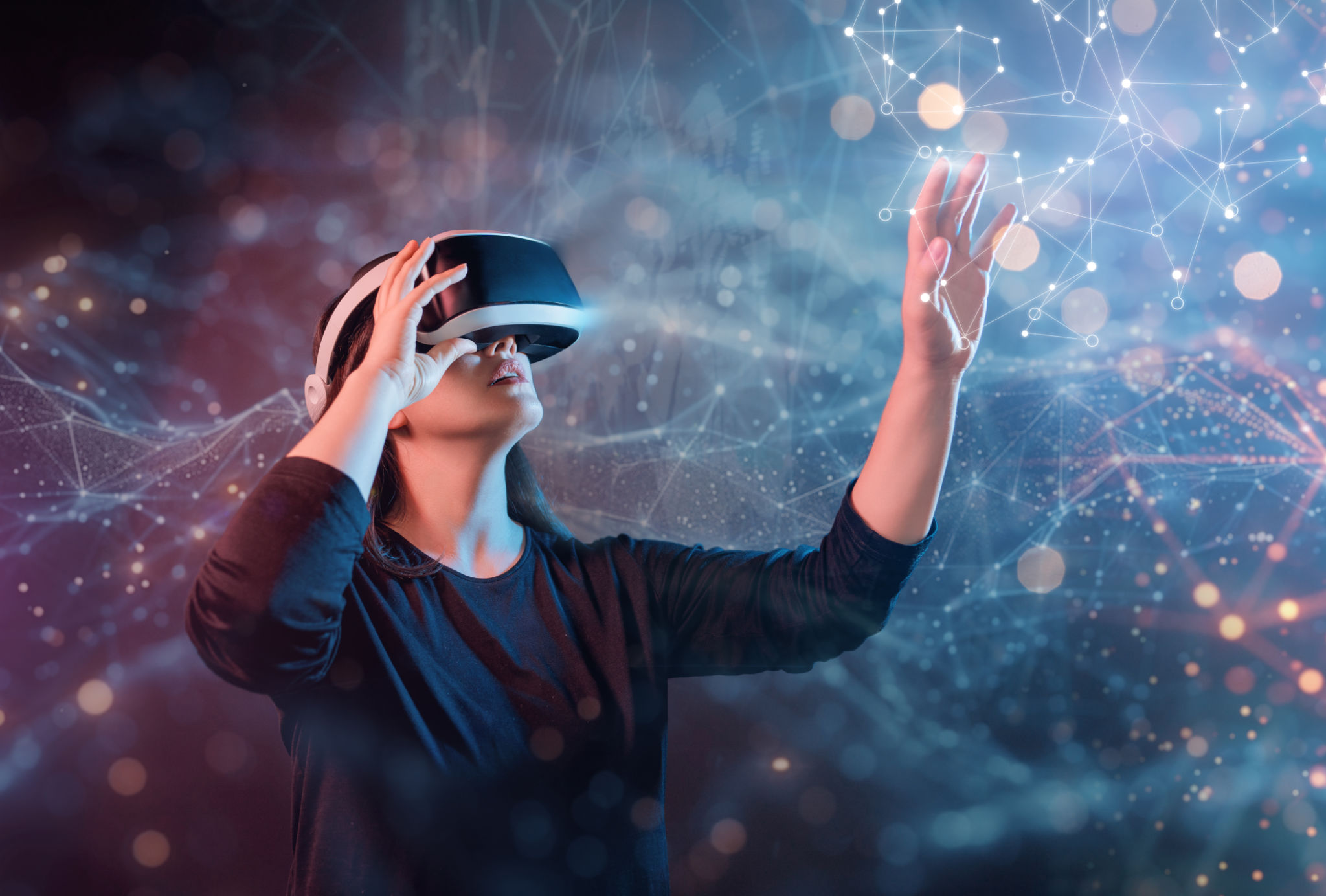Preparing for Your First VR-Based Coaching Session: What to Expect
Understanding the Basics of VR-Based Coaching
Virtual reality (VR) coaching is an innovative way to engage in personal and professional development by immersing yourself in a simulated environment. This approach offers a unique, interactive experience that can significantly enhance learning and retention. As you prepare for your first VR-based coaching session, it's essential to understand how this technology works and what benefits it can offer.
VR coaching typically involves wearing a headset that transports you into a virtual world, where you can interact with scenarios and challenges designed to improve your skills. The immersive nature of VR makes it easier to focus on the task at hand, free from real-world distractions. As a result, participants often find that they can absorb information more effectively.

Setting Up for Success
Before your first session, ensure that you have all the necessary equipment and software. Most VR coaching sessions require a VR headset, hand controllers, and a compatible computer or console. It's also crucial to have a stable internet connection to ensure smooth interaction with the virtual environment.
To get the most out of your session, find a quiet space where you can move around safely without interruptions. Familiarize yourself with the controls and movements within the VR system; this will help you feel more comfortable and confident during your coaching experience. Preparation is key to making the most of your virtual coaching journey.
What to Expect During Your Session
Your VR coaching session will likely begin with an introduction to the virtual environment and an overview of the objectives. This orientation phase helps you understand what skills or knowledge areas you will be focusing on during the session.

During the session, you'll participate in various exercises or scenarios designed to challenge and enhance your abilities. These activities are often interactive and may involve problem-solving, decision-making, or practicing specific skills in a risk-free setting. The immersive experience allows you to engage deeply with the content, making learning more impactful.
Engaging with Your Coach
One of the unique aspects of VR coaching is the ability to interact with your coach in real-time within the virtual environment. This interaction allows for immediate feedback and guidance, helping you refine your skills more effectively.
Your coach may use avatars or other tools to communicate and demonstrate techniques within the virtual space. Be open to feedback and ask questions if you need clarification on any aspect of the session. Active participation is crucial for achieving your learning goals.

Post-Session Reflection
After your VR coaching session, take some time to reflect on what you've learned and how you can apply these insights in real-life situations. Consider keeping a journal to document your experiences and track your progress over time. This practice can help reinforce the skills you've developed during your VR training.
Discuss your experiences with your coach to gain additional perspectives and advice on areas for improvement. It's also beneficial to set specific goals for future sessions, ensuring that each experience builds upon the last.
Embracing Continuous Learning
VR-based coaching is not just a one-time event but part of a continuous learning journey. Embrace each session as an opportunity to grow and develop new skills. With regular practice and commitment, you'll find that VR coaching can significantly enhance your personal and professional development.
As technology continues to evolve, the potential for VR in education and training is limitless. By staying open to these advancements, you can continue to benefit from cutting-edge approaches to learning and skill-building.
